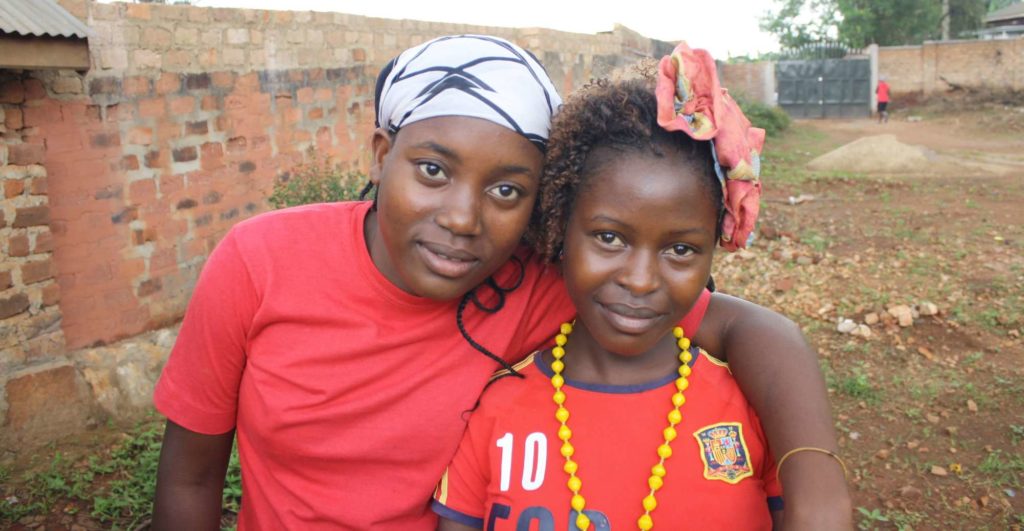Growing up in Kampala’s urban slums is an experience fraught with seemingly insurmountable challenges. Food insecurity, crumbling sanitation infrastructure, and inadequate yet expensive healthcare are permanent fixtures in families’ lives. Stubbornly high unemployment rates coupled with school fees that often exceed annual incomes leave millions unable to forge a path out of poverty.

More than half of Ugandans are living in–or are in constant fear of slipping into–poverty. Two-thirds of Ugandans survive on just $2 USD per day with women and girls bearing the greatest burden. They continue to earn only half of what their male counterparts do, young women are twice as likely to be unemployed when compared to men of the same age, and gender-based discrimination in the workplace remains commonplace.
Claiming financial independence is out of reach for too many. At home, girls and young women struggle with expectations to contribute to their families’ income, forcing them either to put school on hold or to drop out entirely. Stigmas surrounding gender roles also discourage girls from attending school, with shared experiences of embarrassment or shame associated with their monthly period.
Under these circumstances, some young women feel forced to “choose” commercial sex work, believing it is the only profession that will support themselves and their families; still more live near brothels where they remain extremely vulnerable to sexual exploitation, HIV, and violence. This, combined with a lack of education surrounding sexual and reproductive health, has caused many young women and girls to bear children at a young age. Young mothers without an adequate support system struggle to take care of and support their children while also trying to make a living – which only contributes to the perpetual cycle of poverty.
In rural areas of Uganda, such as Karamoja, there is a great deal of economic instability and lack of educational resources. This may force families to give up their children or have their children taken from them by traffickers, subjecting them to some of the worst forms of child labor including commercial sexual work or begging on the busy streets of Kampala.

Set Her Free not only serves vulnerable young women and girls, but also ensures to create a safe space for exploited children. The futures of these girls and young women seem impossibly narrow, but Set Her Free works with them to widen their horizons—to reach for futures unimaginable to so many in their communities.
